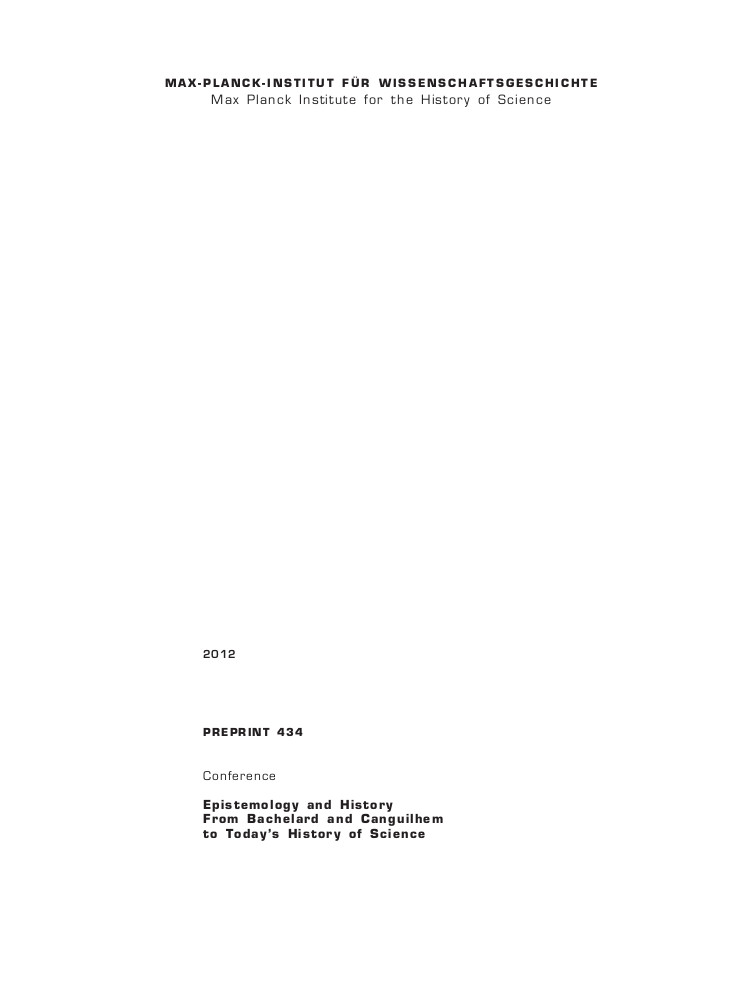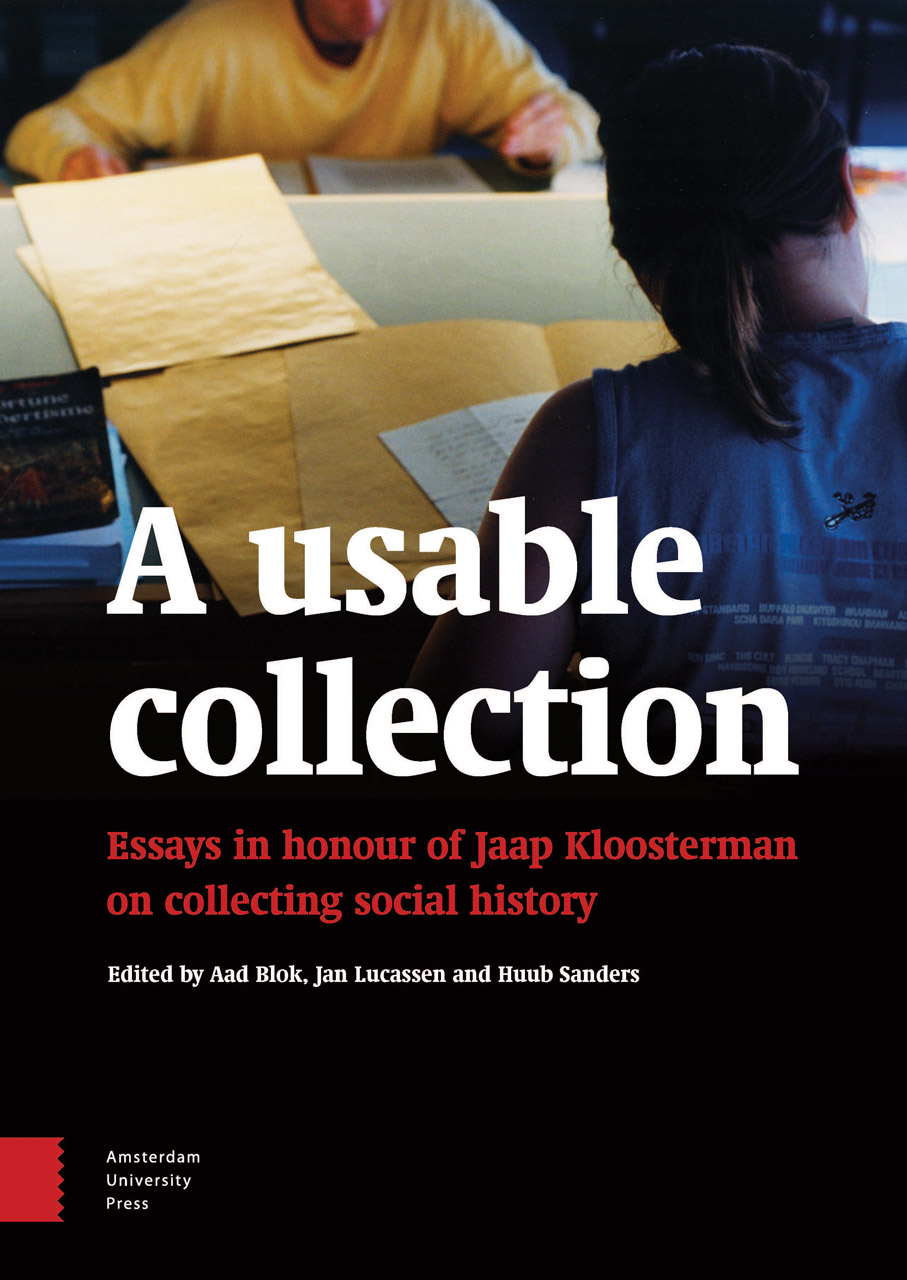Masha Gessen: The Man Without a Face: The Unlikely Rise of Vladimir Putin (2012)
Filed under book | Tags: · 1990s, 2000s, biography, communism, economy, history, intelligence agency, mass media, military, politics, russian, war

Handpicked in 1999 by the ‘Family’ surrounding an ailing and increasingly unpopular Boris Yeltsin, Vladimir Putin, with very little governmental or administrative experience beyond having served as deputy mayor of St Petersburg, seemed like the perfect choice in the eyes of an oligarchy bent on moulding the president’s successor to its own designs. Suddenly the boy who had scrapped his way through post-war Leningrad schoolyards, dreaming of ruling the world, was a public figure, and his popularity soared. Russia and an infatuated West were determined to see the progressive leader of their dreams, even as with ruthless efficiency Putin dismantled the country’s media, wrested control and wealth from the country’s burgeoning business class, and decimated the fragile mechanisms of democracy. Within a few brief years, virtually every obstacle to his unbridled control was removed and every opposing voice silenced, with political rivals and critics driven into exile or to the grave. As a journalist living in Moscow, Masha Gessen experienced this history firsthand, and for The Man Without a Face she has drawn on information and sources no other writer has tapped. Her horrifying and spellbinding account of how this ‘faceless’ man manoeuvred his way into absolute – and absolutely corrupt – power will stand as a classic of narrative non-fiction.
Publisher Riverhead Books, 2012
EISBN 9781101560600
Video interview with the author (52 min, Sydney Writers Festival, May 2012)
Review (Luke Harding, The Guardian, 2012)
Review (Anne Applebaum, The New York Review of Books, 2012)
Review (John Ehrman, Studies in Intelligence, 2014)
Max Planck Institute (ed.): Epistemology and History: From Bachelard and Canguilhem to Today’s History of Science (2012) [EN, FR, DE]
Filed under proceedings | Tags: · discourse, epistemology, historical epistemology, history, history of science, knowledge, philosophy, science, theory

“Over the past few years, “historical epistemology” has had quite a successful international career. Starting with a week-long conference organized by Ian Hacking in Toronto in 1993, historical epistemology was and continues to be used as a label for a wide variety of projects and programs: from Hacking’s own discussion of styles of scientific reasoning to Lorraine Daston’s historicization of epistemological categories and values, Arnold Davidson’s investigations into the conceptual formation of new kinds of knowledge and experience and the attempt undertaken by Peter Damerow et al. to broaden the scope of Jean Piaget’s “genetic epistemology” by historical means.
These conference proceedings attempt to historicize and contextualize historical epistemology and, by the same token, to create a prerequisite for concrete and critical updates.” (from the Introduction)
Contributions by Camille Limoges, François Delaporte, Monika Wulz, Thomas Ebke, Stefanos Geroulanos & Todd Meyers, Claude Debru, Pierre-Olivier Méthot, Françoise Balibar, Sandra Pravica, Cornelius Borck, Andrea Cavazzini, Maria Muhle, Cristina Chimisso, Frieder Otto Wolf, and Anselm Haverkamp.
Publisher Max-Planck Institute for the History of Science, Berlin, 2012
MPG Preprint 434
Open Access
232 pages
PDF (1.4 MB)
Comment (0)A Usable Collection: Essays in Honour of Jaap Kloosterman on Collecting Social History (2014)
Filed under book | Tags: · archive, archiving, collecting, history, knowledge, labour, memory, socialism, society

Established in 1935, the International Institute of Social History (IISH) based in Amsterdam is one of the world’s leading research institutes focused on social history and holds one of the richest collections in the field. This volume brings together thirty-five essays in honor of the IISH’s longtime director Jaap Kloosterman and gives a rare insight into the history of the institute and the development of its collections in particular.
Jaap Kloosterman came to IISH in 1969 to work on the Archives Bakounine, an edition of the collected works of the Russian anarchist. Head librarian in 1985 and deputy director in 1987, he worked as the Institute’s director between 1993 and 2008. He edited works of Mikhail Bakunin, Anselme Bellegarrigue, Carl von Clausewitz, Rosa Luxemburg, Max Nettlau, Anton Pannekoek, and Aleksandr Shapiro, among others, and translated works of Bakunin and Guy Debord. (from profile at IISH)
Edited by Aad Blok, Jan Lucassen and Huub Sanders
Publisher Amsterdam University Press, August 2014
Creative Commons License CC BY NC ND 3.0
ISBN 9789089646880
eISBN 9789048523856 (pdf)
489 pages

